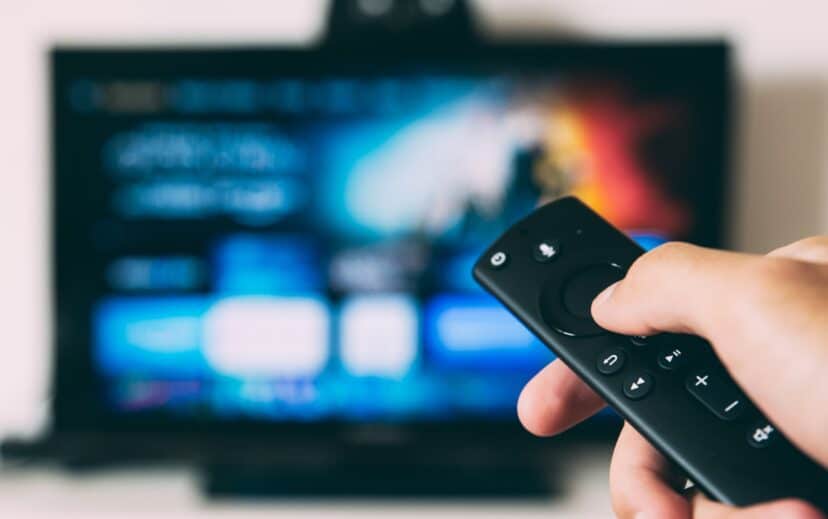Streaming services have exploded over the last few years, but their popularity has also led to a rise in copyright infringement crimes, also referred to as piracy. It is estimated that 1 out of 5 US households uses an illegal pirate website or subscription network to stream content without paying the copyright owner for it. A study conducted in 2019 shows that lost revenue in the United States may be as high as $29 billion each year. In light of this problem, the federal government finally responded in 2020 with the Protecting Lawful Streaming Act (“PLSA”). While using these pirating services is still copyright infringement, the PLSA does not aim to punish ordinary Internet users. It primarily targets digital service providers that operate these platforms for the sole purpose of stealing content and profiting from it.
WHAT IS THE PROTECTING LAWFUL STREAMING ACT?
The PLSA was enacted in December 2020, amending Title 18 of the U.S. Code to increase criminal penalties for illegal streaming. Unauthorized streaming can now be charged as a felony on par with other types of unlawful reproduction and distribution of copyrighted materials. Prior to the PLSA, unauthorized live streaming was only considered a misdemeanor. The light classification and resulting penalties did little to deter piracy. This left both the government and copyright owners with limited avenues to pursue offenders. Additionally, scholars have criticized that this created a loophole in the law because illicit streaming was only considered an infringement of the copyright owners’ public performance rights, but not their reproduction and distribution rights. Copyright owners thus suffer great losses especially from large-scale streamers.
To better protect copyright owners, the PLSA imposes greater criminal penalties on digital transmission services engaged in illegal streaming for commercial advantage or private gain. It does not apply to individual streamers who view the pirated content or streaming activities for non-commercial purposes.
Under the PLSA, an offender must act (1) willfully; (2) for purposes of commercial advantage or private financial gain; and (3) offer or provide to the public a digital transmission service. A digital transmission service is “a service that has the primary purpose of publicly performing works by digital transmission.”
The service must meet additional requirements that it: (1) is primarily designed or provided for the purpose of streaming copyrighted works without the authority of the copyright owner or the law; (2) has no commercially significant purpose or use other than to stream copyrighted works without the authority of the copyright owner or the law; or (3) is intentionally marketed or directed to promote its use in streaming copyrighted works without the authority of the copyright owner or the law.
WHAT PENALTIES ARE IMPOSED ON OFFENDERS?
Penalties vary with first-time offenders subject to a fine or imprisonment of not more than 3 years, or both. Repeat offenders may face up to 10 years of imprisonment and fines.
Certain types of infringement can garner enhanced penalties. These include infringement of “works being prepared for commercial public performance,” such as newly released movies and live streaming sporting events. Increased fines and/or imprisonment of up to 5 years may be imposed by the court.
HOW DOES THE LAW AFFECT COPYRIGHT HOLDERS AND INDIVIDUAL STREAMERS?
In addition to pursuing other legal action such as issuing a takedown notice to have the pirated content removed, the PLSA gives copyright owners additional tools to enforce their rights and reduce the impact of illegal piracy. When they identify illegal streaming services, evidence they gather can be presented in both criminal and civil actions to deter offenders and strengthen the case against these services to shut them down.
As noted previously, the law is not intended to focus on consumers unless they also are providing illegal streaming services for commercial purposes. However, the import of this law is to make clear that illegal streaming is a serious crime and to discourage consumers from using these services.
If you are a copyright owner seeking to protect your content from illegal streaming, contact an experienced attorney to discuss your best course of action.
Carlianna Dengel is admitted to practice law in New York and California.






